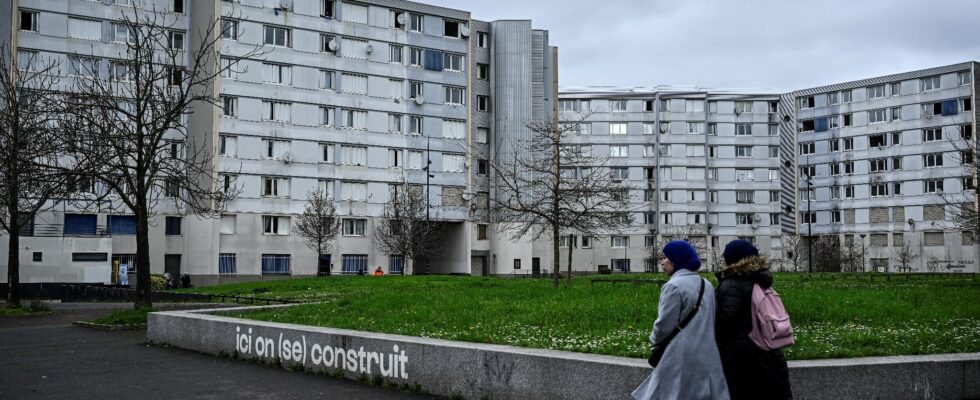For six years, the Square association has been carrying out actions aimed at developing critical thinking among young people in urban working -class neighborhoods. It is all the more beneficial since it is accompanied by researchers who collect data on their representation of the world and measure the impact of the initiatives taken. These data are precious because they are rare.
When it happens that an academic work is carried out on the beliefs or commitments of this category of the population, the results often arouse a controversy. Let us cite in particular Radical temptation, Remarkable study led by Olivier Galland and Anne Muxel and published in PUF, which gave rise to a barrage as laughable as politically motivated. It was methodologically solid but its disturbing results displeased a certain extreme left which, similar to the anti -science gestures of a Donald Trump, does everything to break the thermometers which indicate a fever that does not suit them.
Worrying results
The portrait that the Square survey draws up part of the youth is therefore essential. Led in Ile-de-France with 1,400 young people aged 11 to 25, it provides objective data on their relationship to information and conspiracy theories. And the results are worrying. For example, a third of young people interviewed think that the government will voluntarily allow terrorist attacks and 41 % of young adults to occur that certain diseases have been created as weapons. More than membership of conspiracy theories that are partly consequences, it is the difference in confidence in the institutions between this population and the national average that is staggering.
A quarter of them declares to give credit to school when the French average is 67 %. 29 % of these young people trust researchers while 81 % of our fellow citizens are in this case! We will not be surprised to note that such differences are also recorded concerning the police or justice. This is therefore the observation of a general distrust that we must understand because it is as well institutional as it is epistremeic, moreover journalists do not find either thanks to their eyes.
This distrust is accompanied by a feeling of political helplessness twice as high as in the rest of the population. When they are subject to information from social networks, 41 % of young adults answer not know if they are true or false and half ignore the role of algorithms in the selection of the content they consume. We could still add that 1 in 2 does not know how to distinguish an fact from an opinion. These young people are mainly informed via social networks, while declaring 60 % not to trust them.
The critical mind is learned
The situation might seem desperate: it is not. The Square investigation also shows that the critical mind is learned. The scores of both college students and young adults improve notably in all areas after they participated in information education workshops: whether in the distinction of facts or opinions or in the practical desire to diversify your sources of information as well as in their identification of the risk of confirmation. The most remarkable is that these effects are tangible three months after still after experimentation.
From this point of view, these young people who show a disturbing break with our common space are also a source of hope. They are neither lost nor in total secession. On the other hand, they manifest, because they have specific economic and cultural variables, a strong feeling of frustration. This presents a risk of transmuting itself into representations that are both agonistic and paranoids of the world. At a time when certain nations have frankly tilted in the democracy of the gullible, let us remember that rationality is what makes the possibility of union beyond cultural differences. We are all potentially equipped with it, but we must create social conditions to stimulate it rather than despair.
.
